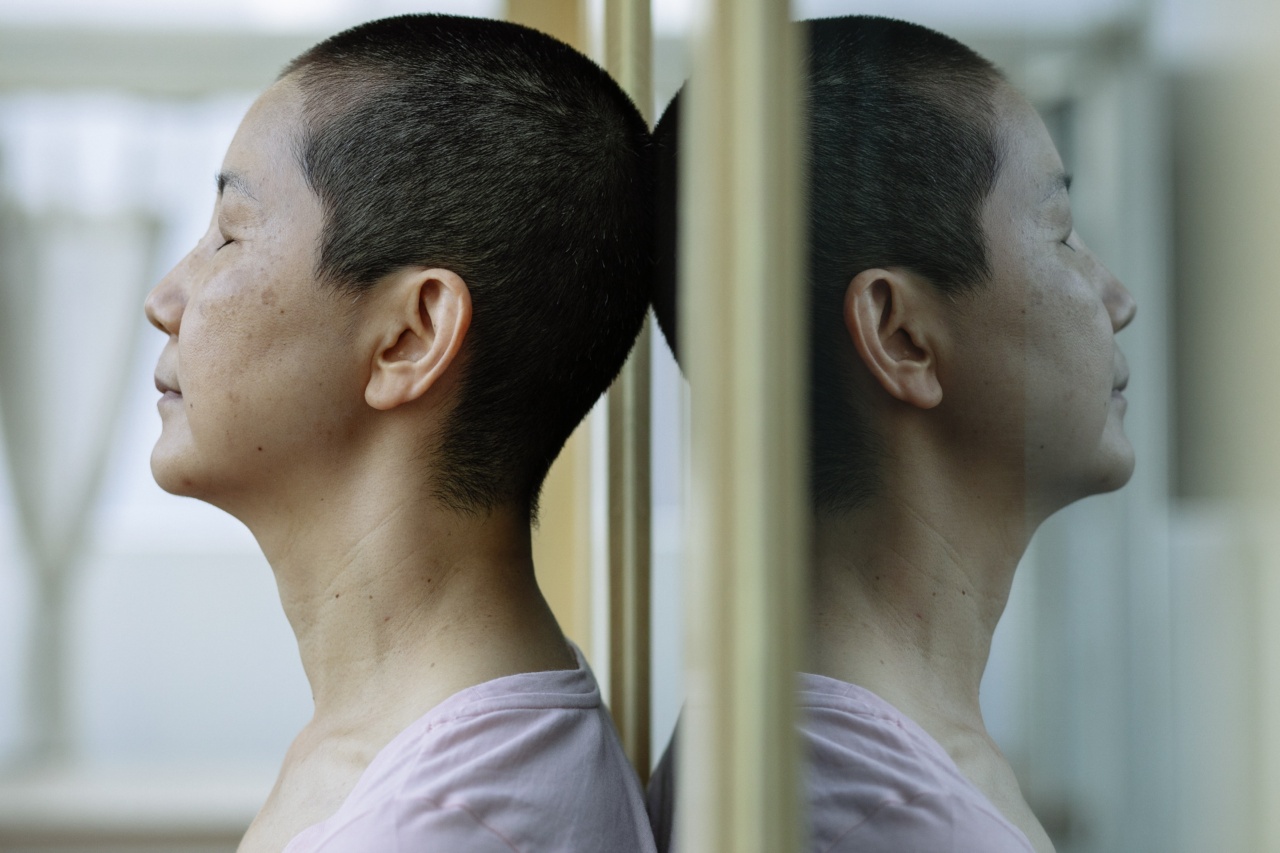Post-Traumatic Stress (PTS) is a mental health condition caused by experiencing or witnessing a traumatic event. Symptoms of PTS can vary in severity and duration.
Common symptoms include flashbacks, nightmares, anxiety, depression, and avoidance of triggers that remind the person of the event.
The Importance of Effective Therapies for Post-Traumatic Stress
Effective therapies for PTS can help individuals manage and reduce their symptoms, improving their quality of life.
Without appropriate treatment, individuals with PTS can experience ongoing distress and functional impairment that affects their ability to participate in daily life.
Cognitive Behavioral Therapy (CBT)
Cognitive Behavioral Therapy (CBT) is a widely-used evidence-based therapy for PTS. It involves changing negative thought patterns and behaviors related to the traumatic event.
CBT sessions often involve trauma-focused exposure therapy, where individuals are gradually exposed to the memories and emotions related to the event while learning coping strategies to manage the resulting distress.
Eye Movement Desensitization and Reprocessing (EMDR)
Eye Movement Desensitization and Reprocessing (EMDR) is a therapy that involves rapid eye movements while recalling the traumatic event. Studies have shown that EMDR can be an effective treatment for PTS.
However, the mechanism of action is not well understood, and further research is needed to understand its effectiveness.
Prolonged Exposure Therapy (PE)
Prolonged Exposure Therapy (PE) is a form of exposure therapy that involves repeatedly recalling and reprocessing the traumatic event. The purpose is to desensitize the individual to the trauma and reduce their distress associated with the memories.
Cognitive Processing Therapy (CPT)
Cognitive Processing Therapy (CPT) is a form of Cognitive Behavioral Therapy that aims to change negative thought patterns associated with the trauma.
CPT sessions involve discussing how the event has affected the individual’s worldview and challenging thoughts that are hindering their recovery.
Psychodynamic Therapy
Psychodynamic Therapy involves exploring how emotional responses to the traumatic event relate to past experiences. This form of therapy aims to identify underlying unconscious conflicts that contribute to the individual’s PTS symptoms.
Group Therapy
Group Therapy involves individuals with PTS coming together in a supportive environment to discuss their thoughts and feelings related to the traumatic event.
The group dynamic can help individuals realize they are not alone in their experiences and provide a sense of community.
Family Therapy
Family Therapy involves family members of the individual with PTS. Family Therapy sessions aim to improve communication and understanding between family members and promote healthy behaviors that support the individual’s recovery.
Medication
Medication can be used to manage certain symptoms of PTS, such as anxiety and depression. However, medication alone does not treat the underlying trauma and should be used in conjunction with therapy.
Complementary Therapies
Complementary therapies such as yoga, meditation, and acupuncture have shown promise in reducing symptoms of PTS. However, further research is needed to understand their effectiveness and mechanism of action.






























